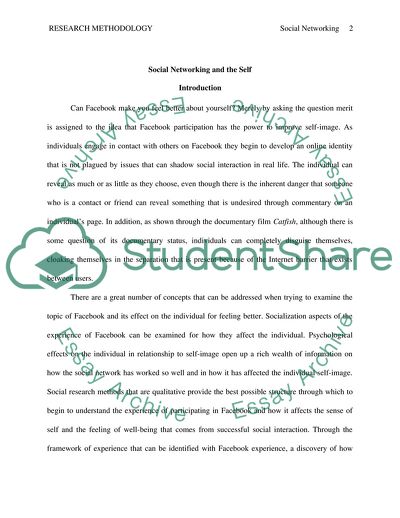Cite this document
(Social Networking and the Self Research Proposal, n.d.)
Social Networking and the Self Research Proposal. https://studentshare.org/psychology/1780430-can-facebook-make-you-feel-better-about-yourself
Social Networking and the Self Research Proposal. https://studentshare.org/psychology/1780430-can-facebook-make-you-feel-better-about-yourself
(Social Networking and the Self Research Proposal)
Social Networking and the Self Research Proposal. https://studentshare.org/psychology/1780430-can-facebook-make-you-feel-better-about-yourself.
Social Networking and the Self Research Proposal. https://studentshare.org/psychology/1780430-can-facebook-make-you-feel-better-about-yourself.
“Social Networking and the Self Research Proposal”. https://studentshare.org/psychology/1780430-can-facebook-make-you-feel-better-about-yourself.


